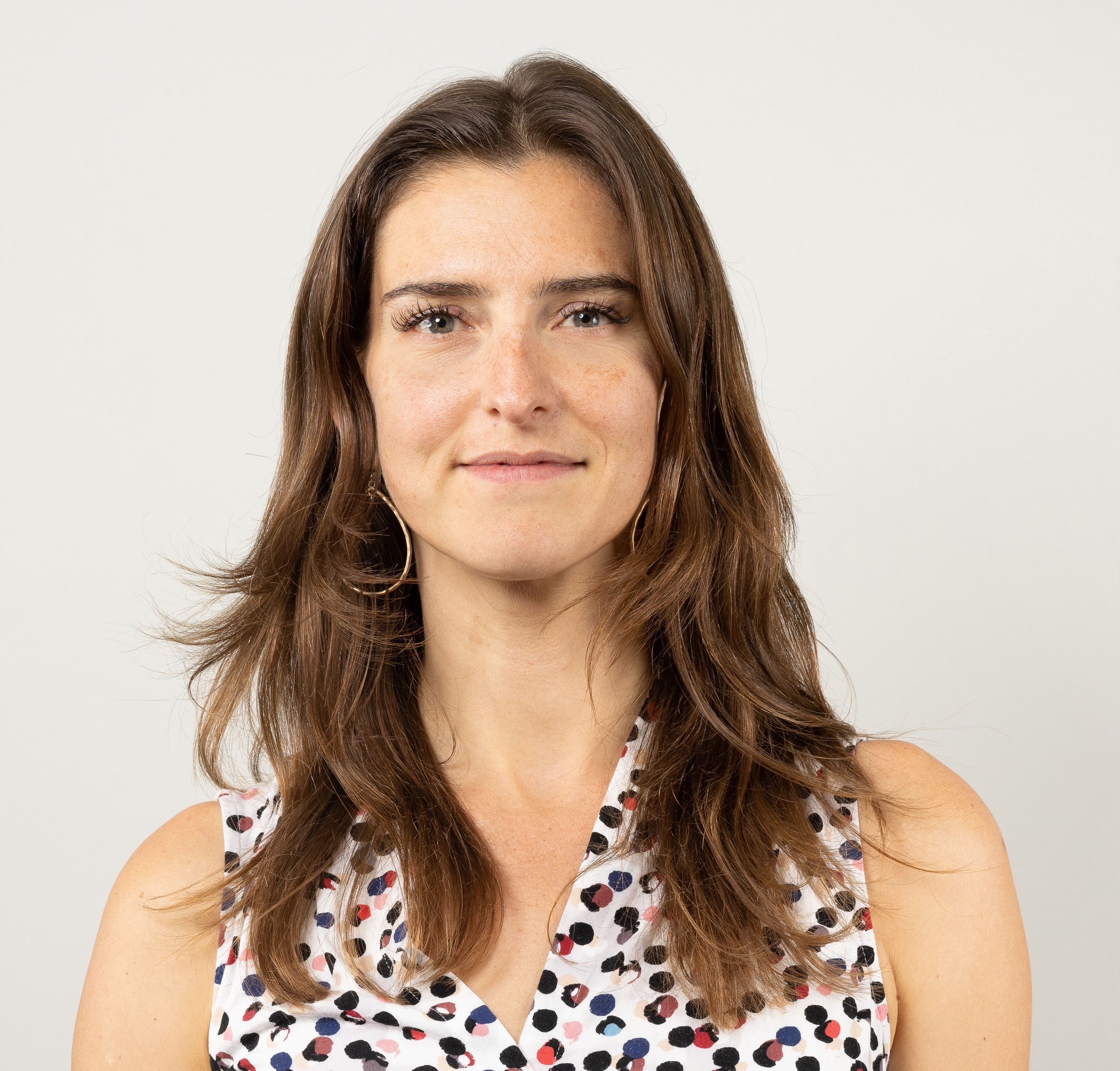Prediction: Diabetes tech innovation will usher a wholesale change in healthcare
- Shannon Lantzy

- May 23, 2023
- 3 min read
Updated: Sep 20, 2023
Thesis: Diabetes is leading the way toward a future of healthcare where care is delivered to the home, we wear our diagnostics, we optimize our treatments for our personal day-to-day lives, and we optimize interventions for thriving, rather than narrowly treating disease.
US healthcare economics incentivizes disease discovery and treatment, rather than personal health and wellbeing. The CMS pay structure incentivizes billable diagnostic codes. Some of the most powerful treatments (e.g., sleep, nutrition, stress reduction, exercise meditation) are under-utilized due in large part to how care is paid for.
Diabetes management is acutely and chronically personal. People with insulin-requiring diabetes need better technology not only to treat but to thrive day to day, with the freedoms enjoyed by others that do not shoulder this burden. Parents of young children have to monitor their children’s health overnight, chronically losing their own sleep, even though the technology to ease their comfort already exists. Kids have to head to the school nurse before joining their friends for lunch. And adults must be acutely aware of all factors on their health and then balance those factors against insulin doses to maximize the chances of having a good day.
The tech exists in large part due to the demands of the patient and caregiving community. I recently met Lane Desborough, a one-of-a-kind leader-activist-engineer-entrepreneur, who declared #WeAreNotWaiting https://www.healthline.com/health/diabetesmine/innovation/we-are-not-waiting and built his own remote monitor for his son’s glucose management. Before I met Lane, I had the opportunity to work side-by-side with Naomi Schwartz, one of the leaders in cybersecurity standards development. These standards pave the way for trusted innovation. At FDA, I observed a heated debate during an Advisory Committee meeting for sotagliflozin; FDA was reticent to approve the drug for Type 1 indication due to the rare but real risk of diabetic ketoacidosis. I listened to advocates from the diabetes community implore FDA to clear the drug for marketing and let patients accept or decline the risks for themselves.
I see how these movements have inspired the MedTech industry, regulators, and the broader tech industry (e.g., Apple) to organize around developing new tech. It's going to change all of our lives for the better.
The general public (i.e., you, me, our elders, our kids) benefits because the tech trickles down to us.
All of these changes help drive the medical device industry to produce better technologies, and FDA to produce better paths to market.
Benefits- and all hazards-monitoring is increasingly about thriving and wellness, which we all want (as long as it doesn’t come at a cost to our pocketbooks, doesn't burden our emotional lives, and doesn't asymmetrically broaden disparities among already disadvantaged groups).
Thus far, health tech usability has fallen well short of consumer expectations as compared to iPhones; the active patient community is driving the manufacturers to do even better, and many startups. I can’t wait for my own glucose monitor and reasonable objective feedback about my nutrition.
Wearables are helping us thrive. As an optimistic optimizer, I wear a sleep-tracking ring to give me feedback on sleep, I track my heart rate and exercise to stay accountable to my physical health goals, and I monitor my aging parents’ heart alerts.
The world is abuzz about ChatGPT. I am abuzz about the applications of all the new tech arising.
I thank activist leaders and communities for driving the change.
~Shannon, the Optimistic Optimizer


